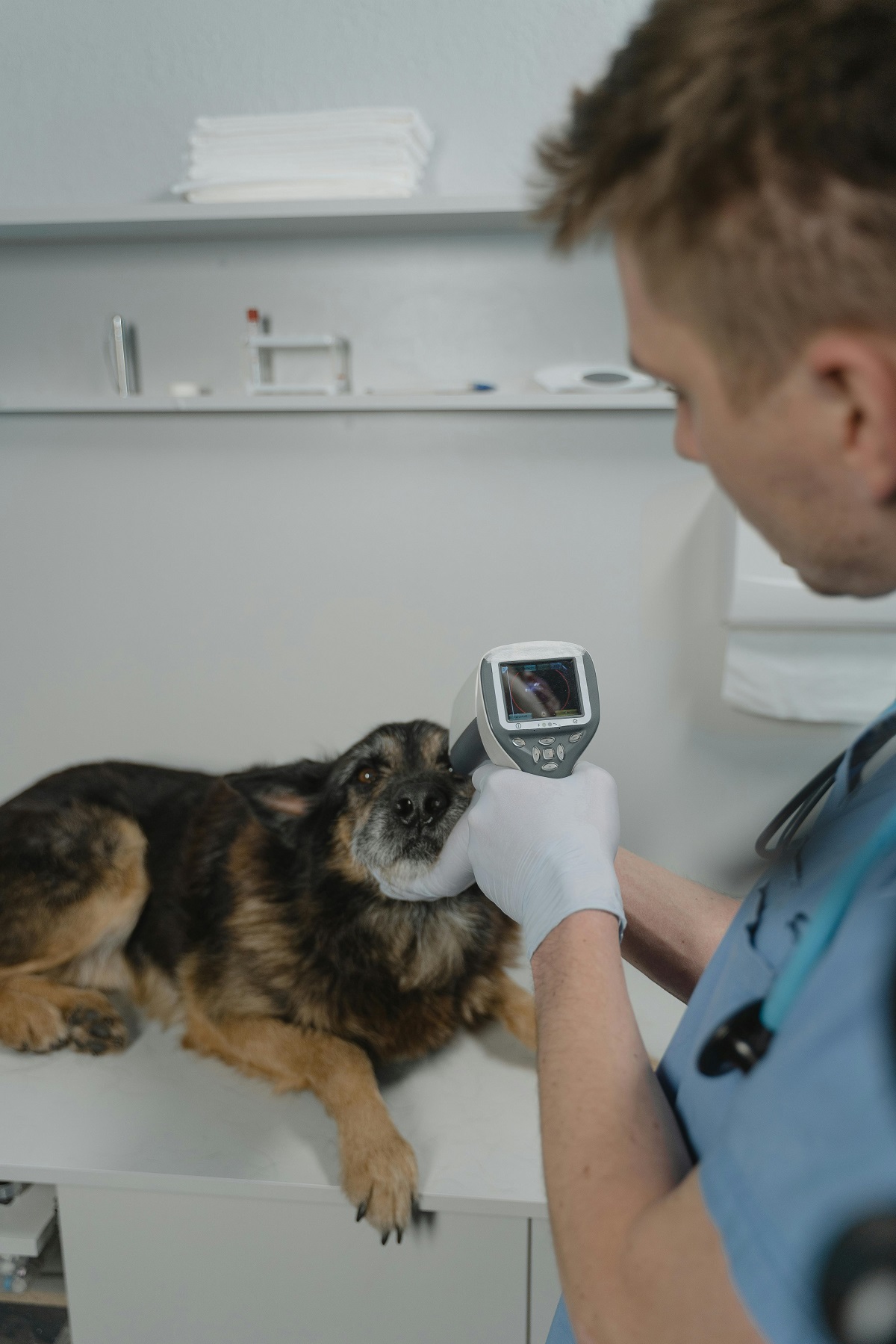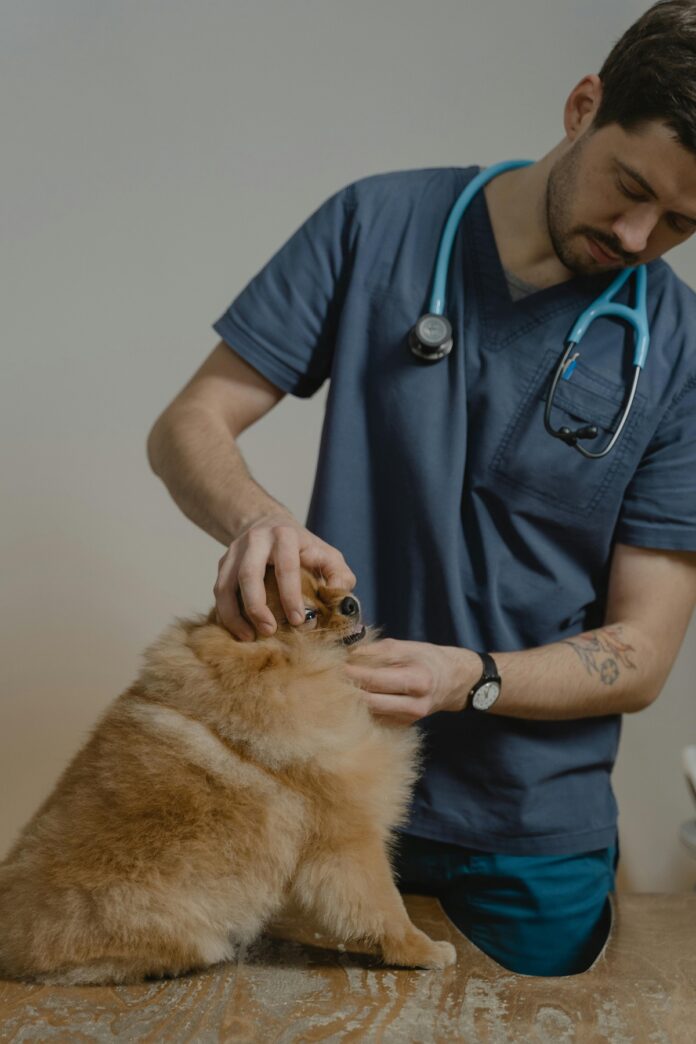Regular veterinary care is essential for keeping pets healthy, happy, and thriving. Just like humans need regular check-ups with a doctor, pets need routine visits to the veterinarian to ensure they are in good health. Veterinary care goes beyond treating illnesses; it focuses on prevention, early detection, and maintaining overall well-being. Whether you have a dog, cat, bird, or exotic pet, regular visits to the vet play a crucial role in their quality of life. Let’s explore why regular veterinary care is so important and how it benefits both pets and their owners.
Early Detection of Health Issues

One of the most important reasons for regular veterinary care is the early detection of health problems. Pets cannot tell us when they are feeling unwell, and many illnesses show no obvious symptoms in the early stages. During a routine check-up, a veterinarian can identify potential health issues before they become serious.
For example:
Dental problems: Bad breath or tartar buildup can indicate dental disease, which can lead to pain and infections.
Weight changes: Sudden weight gain or loss can signal underlying health issues like diabetes, thyroid problems, or kidney disease.
Lumps or bumps: A vet can check for abnormal growths that may be cancerous or require treatment.
Early detection allows for prompt treatment, which can prevent complications and improve the chances of a full recovery.
Preventive Care
Preventive care is the cornerstone of regular veterinary visits. It focuses on keeping pets healthy and avoiding illnesses before they occur. Some key aspects of preventive care include:
Vaccinations: Vaccines protect pets from serious diseases like rabies, distemper, parvovirus, and feline leukemia. A vet will create a vaccination schedule tailored to your pet’s needs.
Parasite control: Fleas, ticks, heartworms, and intestinal parasites can cause serious health problems. Regular vet visits ensure your pet receives the right treatments to prevent infestations.
Dental care: Dental cleanings and check-ups help prevent gum disease, tooth loss, and infections that can affect overall health.
Nutritional advice: Vets can recommend the best diet for your pet’s age, breed, and health condition, ensuring they get the nutrients they need.
Preventive care not only keeps pets healthy but also saves money in the long run by avoiding costly treatments for preventable conditions.
Monitoring Age-Related Changes
As pets age, their health needs change. Regular veterinary care is especially important for senior pets, as they are more prone to age-related conditions like arthritis, diabetes, heart disease, and kidney problems. A vet can monitor these changes and recommend adjustments to their care, such as:
Special diets for weight management or joint health.
Medications to manage chronic conditions.
Regular blood tests to monitor organ function.
By staying on top of age-related health issues, pet owners can help their furry friends enjoy a comfortable and happy life in their golden years.
Behavioral Guidance
Behavioral problems can be challenging for pet owners to manage. Regular vet visits provide an opportunity to discuss any concerns about your pet’s behavior. A veterinarian can help identify the cause of issues like aggression, anxiety, or destructive behavior and recommend solutions, such as:
Training techniques.
Environmental changes.
Medications or supplements to reduce anxiety.
Addressing behavioral problems early can improve the bond between pets and their owners and create a more harmonious household.
Building a Relationship with Your Vet
Regular veterinary care helps build a strong relationship between your pet, your family, and the veterinarian. When a vet knows your pet’s medical history, personality, and unique needs, they can provide more personalized care. This relationship also makes it easier to address concerns and ask questions about your pet’s health.
In emergencies, having a trusted vet who knows your pet’s history can make a big difference in the quality of care they receive.
Ensuring a Long and Happy Life
Regular veterinary care is about giving your pet the best possible life. By staying proactive about their health, you can prevent illnesses, catch problems early, and address any concerns before they become serious. A healthy pet is a happy pet, and a happy pet brings joy and companionship to their family.
How Often Should You Visit the Vet?
The frequency of veterinary visits depends on your pet’s age, health, and lifestyle. Here are some general guidelines:
Puppies and kittens: Young animals need frequent visits for vaccinations, deworming, and check-ups. Plan for monthly visits until they are about 4–6 months old.
Adult pets: Healthy adult pets should visit the vet at least once a year for a routine check-up and vaccinations.
Senior pets: Older pets (usually 7 years and older) should see the vet every 6 months for regular monitoring and preventive care.
If your pet has a chronic condition or shows signs of illness, more frequent visits may be necessary.
Conclusion
Regular veterinary care is a vital part of responsible pet ownership. It ensures that pets stay healthy, happy, and comfortable throughout their lives. From preventive care and early detection of health issues to behavioral guidance and age-related monitoring, veterinarians play a crucial role in keeping pets in top shape.
The Best Airlines for Traveling with Pets A Guide for Pet Owners

